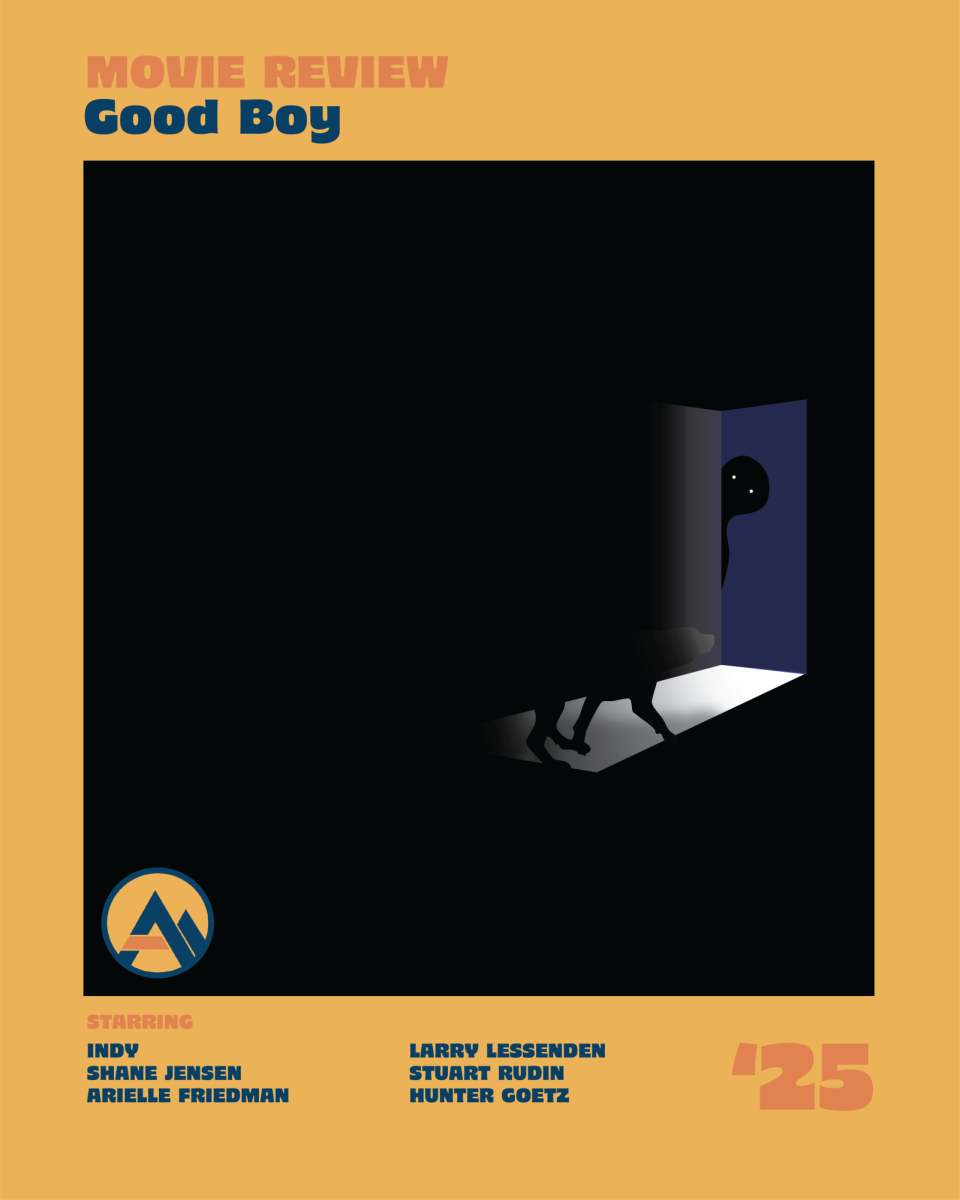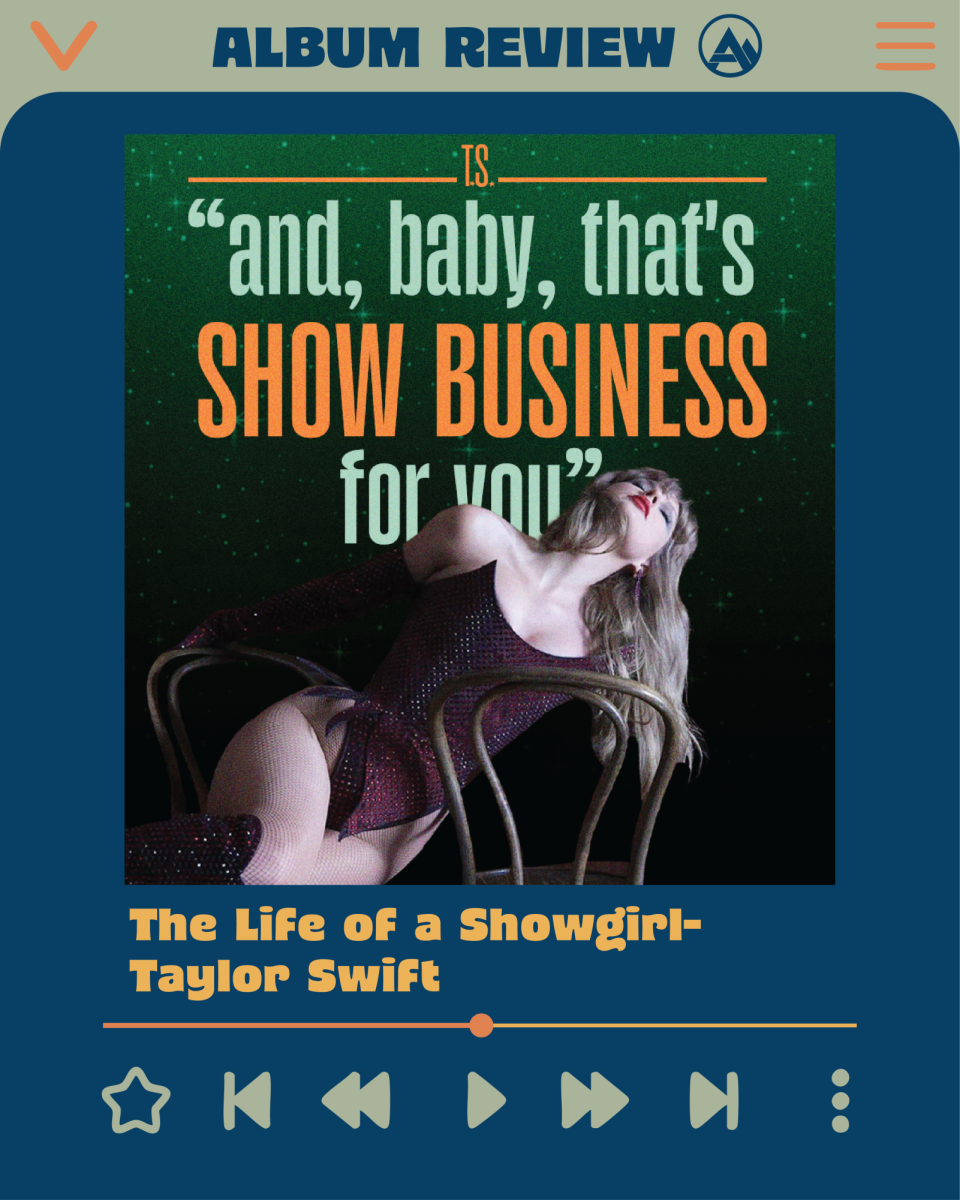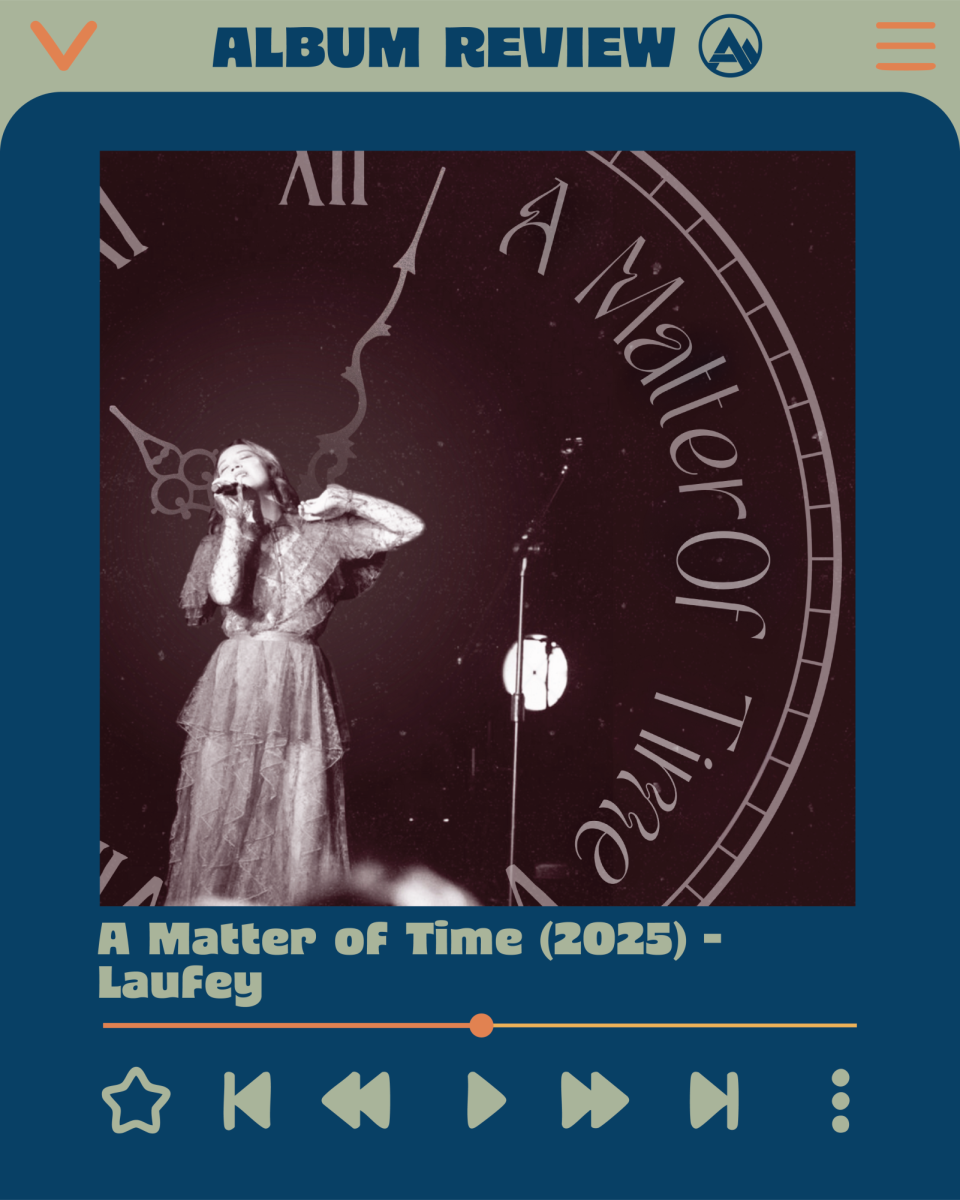Following his success in the realm of popular music, Jon Batiste has returned to his roots of jazz and classical piano on his new album, “Beethoven Blues.”
After winning “Album of the Year” at the 64th Grammy Awards, the critical success of his 2021 album, “WE ARE,” put Batiste on a new stage of artistry, separating him from his contemporaries.
Setting out to take his music to new heights, he released a pop-centered project, “World Music Radio,” in 2023. Alongside his recent studio albums, Batiste also composed the score for the 2020 Pixar film, “Soul,” which won the Oscar for Best Original Score in 2021.
Following his rapid success in the early 2020s, Batiste was featured on the CNN special, “Who’s Talking to Chris Wallace.” He demonstrated his ability to take the greatest classical compositions and arrange them with inspirations from jazz, gospel and soul.
This began Batiste’s new adventure, creating an album consisting of several arrangements of classical pieces in the genres he is most familiar with.
Opening the album is Batiste performing his original arrangement of Ludwig van Beethoven’s Bagatelle No. 25, “Für Elise.” Perhaps one of the most identifiable classical piano compositions, Batiste arranges various themes, creating original, yet recognizable melodies.
The second track on this album is Batiste’s arrangement of the famous Beethoven “Symphony No. 5.” Opening with the same recognizable chords, Batiste reimagines this familiar melody with the sounds of the blues.
Batiste adds many embellishments and quick runs throughout the length of the keyboard, transporting the listener to their local jazz club. Ending the piece with rambunctious arpeggios, he gently leads into his next track, “Moonlight Sonata Blues.”
Leaning into the original somber and melodramatic mood, Batiste masters the art of yearning with his arrangement of another Beethoven classic. Featuring multiple blues scales interpolated throughout various chordal passages, Batiste finds himself writing a timeless rendition of this masterwork.
Entering the back half of the tracklist, Batiste performed his rendition of the acclaimed classical piece, “Ode to Joy.” Modulating from the original key, Batiste’s chromaticism curates the perfect balance between classical and jazz. Batiste’s interpretation of this classic can be seen as a collection of variations upon the original hymn by Beethoven.
Batiste revisits Beethoven’s “Symphony No. 5” on the next track titled, “5th Symphony In Congo Square.” While its predecessor was primarily performed in the original key of C minor, this arrangement takes more risks transposing to various keys throughout its jazzy interjections.
The rendition of the classic symphony produces a more energetic performance than the original, heard in the constant bass notes provided by the left hand on the keyboard. This allows Batiste’s right hand to float across the keyboard, performing various scalar figures and ornaments. Similar to “Symphony No. 5 Stomp,” Batiste closes this track returning to the relative major, rather than resorting to the same minor key heard at the beginning.
The final track on this album is another interpretation of the Beethoven classic “Für Elise.” Unlike the opening track on this album, Batiste takes more risks and explores what it means to improvise. Compared to the opening track, Batiste takes every individual theme from the original Beethoven composition and transcribes it without genre boundaries, making this track longer than the opening rendition.
The similar opening and closing tracks serve as bookends to this project and encapsulate the essence of the album. Serving as an introduction to various genres, “Beethoven Blues” infuses classical melodies with the inspiring sounds of jazz, soul and the blues. This album equally introduces audiences to Batiste, as well as some of the most defining compositions of the classical era.
Batisite does not merely solidify himself as a pianist, composer and producer on this album, he redefines what it means to be an artist: honoring the past while paving the future of popular music.
“Beethoven Blues” is subtitled “Batiste Piano Series, Vol. 1,” suggesting more genre-bending acoustic piano projects are inevitable.















Vanetta Knight • Sep 21, 2025 at 6:55 pm
Amazing. Beautiful. Wow.
Arthur Fleiss • Dec 2, 2024 at 5:43 pm
this statement is demonstrably misguided – “The rendition of the classic symphony produces a more energetic performance than the original”
Arthur Fleiss • Nov 22, 2024 at 10:50 am
Absolutely not accurate. Not even a little
And I am not a fuddy-duddy
“The rendition of the classic symphony produces a more energetic performance than the original”